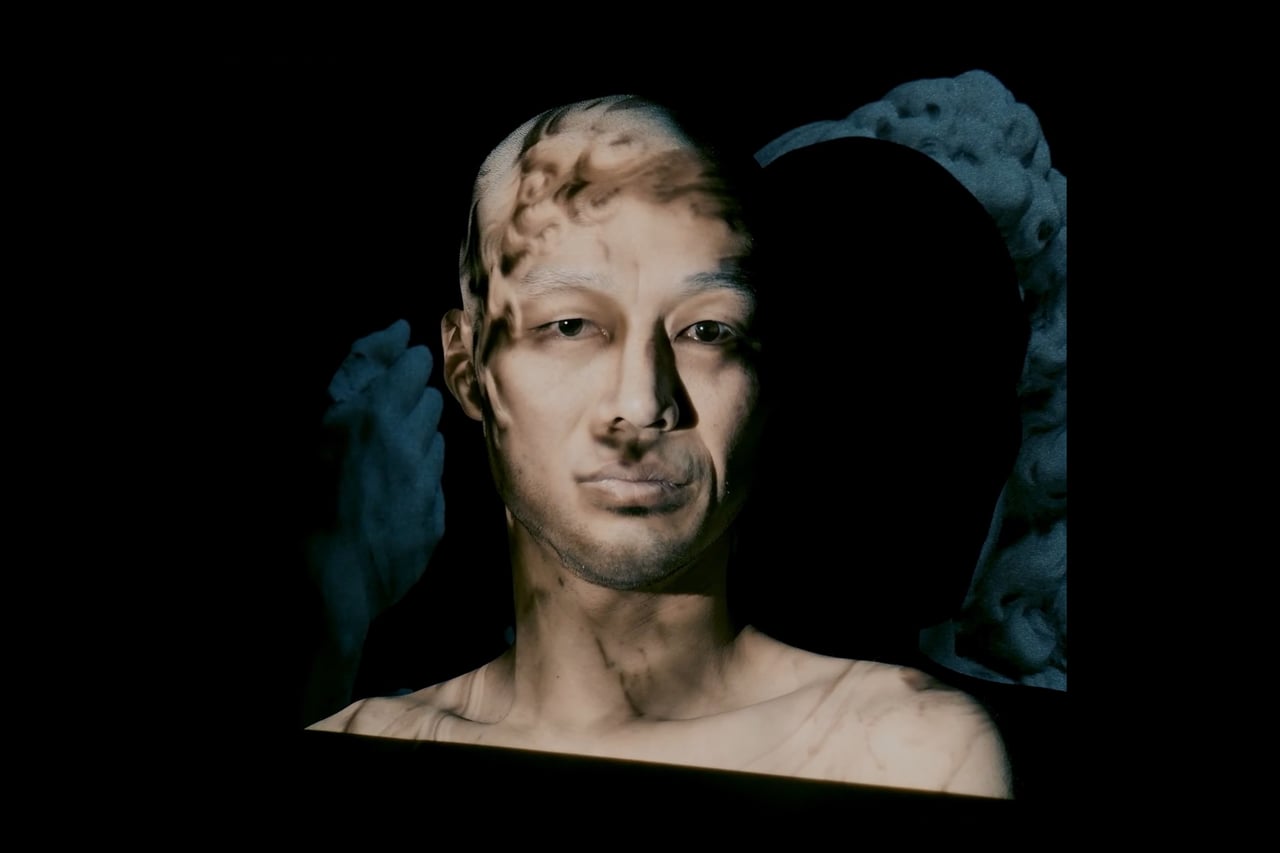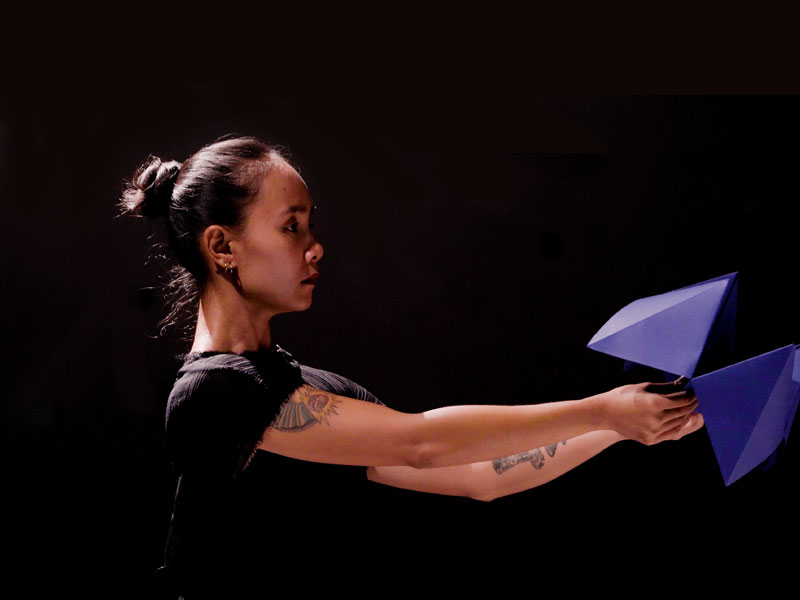“I’m interested in the practice of freedom to explore the contours of the things that bind us.”
Visual artist Theo Eshetu has worked in media art since the early 1980s, exploring various formats that range from essay films to large-scale video installations. His work interrogates how electronic media shape and inform global perception, using visual material from anthropology, art history, scientific research, and religious iconography.
Eshetu, who grew up between England, Ethiopia, Senegal, and Italy, often questions forms of representation relating to cultural hybridity. His artistic research engages the interconnectedness of diverse world cultures. The relationship of African and European cultures in particular often inform Eshetuʼs work. “I think with photography and video but my themes are light and movement,” he says. “I am fascinated with the idea of time as stillness and eternity—and have explored these notions from numerous angles. I’m interested how practices of freedom explore the contours of the things that bind us.”
Eshetu’s works have been shown internationally at film festivals and major exhibitions including the Gwangju Biennale (2020), Shanghai Biennale (2017), Documenta14 in Athens and Kassel (2017), Dak’Art (2016), the Sharjah Biennale (20122), and the Venice Biennale (2011). He currently has works on view in the collections of MoMA, New York; the Metropolitan Museum of Art, New York; the Royal Ontario Museum, Toronto; the Newark Museum of Art; and Museo delle civiltà, Rome.













